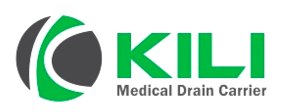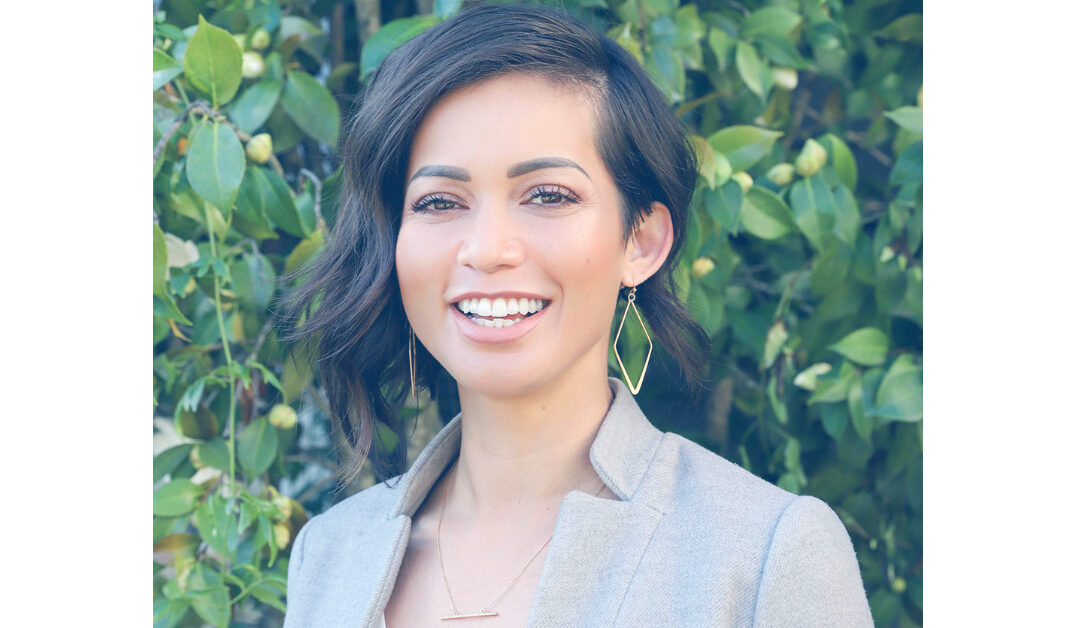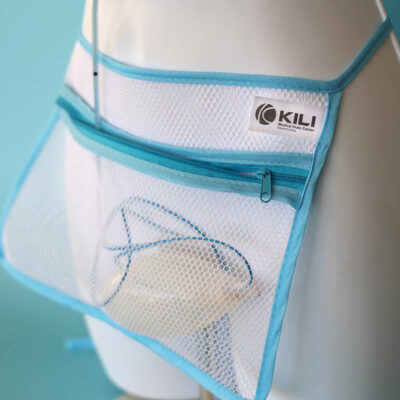Having grown up in a large Filipino family, nurse navigator Mari Williams is a natural caregiver. Early on, her mother recognized her empathetic spirit and encouraged her to pursue a nursing degree. Mari now considers nursing her life’s work, a job in which she can truly be her compassionate self. She draws upon her personal experiences caring for her sister, who had Hodgkin’s Lymphoma, and her father, who recently passed away from cancer.
After working in an intensive care unit (ICU) following college, Mari got a chance to focus on patients in a more personal way. As an oncology nurse navigator, she helps women with cancer identify and address barriers to healing, such as financial stress, lack of support and mental health issues. Helping her patients find their inner strength, Mari also teaches coping skills with her mindfulness courses and support groups.
Mari succeeds in her work by putting herself in the shoes of her patients’ family members. As a result, her patients view her as warm, authentic and honest. They trust and lean on her during one of the most trying times in their lives. “Working with women hits home for me,” said Mari, who came from a big family of women. “Every time I meet a patient, I think about how she could be my aunt or my sister. After all, my patients are someone’s aunt or sister. I just feel lucky that I can show up for them.”
When the coronavirus hit, Mari didn’t miss a beat. Despite the challenges of taking her work virtual, she worked hard to bring her support services into her patients’ homes. Using coping skills like meditation or group therapy became even more critical as COVID brought about a significant increase in isolation, depression and anxiety.
An Obvious Solution
Mari is on a constant search for anything that can ease a patient’s road to recovery. When she finds a helpful tool or tip, she advocates for its use or implementation in her hospital. “The KILI Medical Drain Carrier is a no-brainer,” she says, emphasizing that using a safety pin to secure a post-surgical medical drain can lead to infection and unnecessary pain. “These women have been through so much already. Why add to their pain when the solution is so simple?”
While it’s their job to take care of patients, some nurses go above and beyond what’s expected. They care for patients as one of their own. With her warm and authentic style, Mari Williams is one of them.


